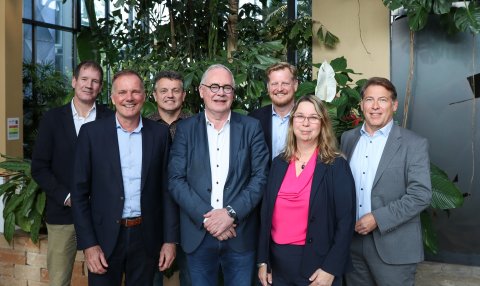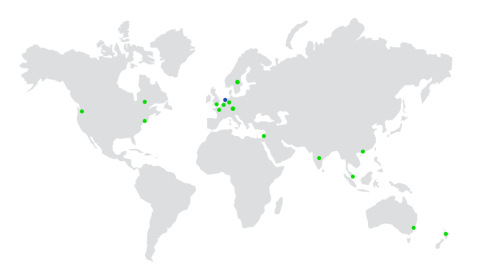
The 2012 Swedish television series Äkta människor (aired in English-speaking countries as Real Humans) shows how society has to adapt after the arrival of commercial robots. In the series, the hubots (HUman roBOTS) are programmed for tasks like warehouse assistants or maintenance mechanics. Some people in the story embrace technology, while others exhibit a serious aversion and are afraid that the hubots will evolve, so that humanity will be superseded.
Does this seem familiar? Many people’s first thought when tasks become automated is, “Robots are taking our jobs.” But the conversation changes when we rephrase it to say robots are helping people by taking over specific tasks. That advancing technology will likely produce robots is inescapable, but we can affect how we deal with the robotization of society.
Tools
People have always used tools to achieve specific objectives: a spear for hunting, a calculator for complex mathematics, and a steam locomotive for transporting goods or people. In so doing, people have always maintained the tempo of the technology: at the moment that something is made technologically possible, they consider what practical applications there could be.
In 1999, Sony unveiled the AIBO, the first robot dog for consumers. This robot dog could move reasonably fluidly, knew all sorts of tricks and expressed emotions. It was unique because the robot picked up signals and could act on them: interacting with the surroundings. But what if this toy technology evolves into an advanced device which can help people? It’s already possible to use a vacuuming robot to clean the floor, but what are the possibilities if such robots could also take over more complex tasks, like repairing an installation?
Communicating
It becomes both exciting and interesting when robots can communicate with us, and decide for themselves how to act based on signals. Utopia? For now, certainly, but experiments are already underway. There are already social robots which can help overweight people based on research published by the MIT Media Lab. One prediction is that machines will surpass human intelligence within 15 years. Raymond Kurzweil, head of development at Google, predicts that everything we now consider to be magic will be possible in a humans-and-machines civilization.
For my part, I don’t think that people can be superseded: emotion, behavior, and creativity are unique human characteristics which cannot be captured in a model. Deploying robots to assist us in performing complex tasks is, however, coming steadily closer. Consider, for example, a maintenance mechanic who is working in a hazardous situation. When a robot can do that, the human mechanic can coordinate the operation from a distance, and man and the robot can agree on the best solution. Then the deployment of technology is extremely practical.
The next step
The arrival of the robot is the next step in evolution. Is that dreadful? I don’t think so. If robots are deployed to do our work, that means we will then need to work less ourselves. The first robots for inspections, cleaning, and maintenance already exist. Productivity is being set up differently, so that the value of work will be different and people will gain more freedom for other activities.
But some activities simply cannot be taken over by a robot. So will we eventually be superseded? Probably not. Don’t then regard the robot as an enemy, but more as a friend. At least to a certain degree, because I can’t imagine it’s fun to share a beer with a robot in the bar.





















